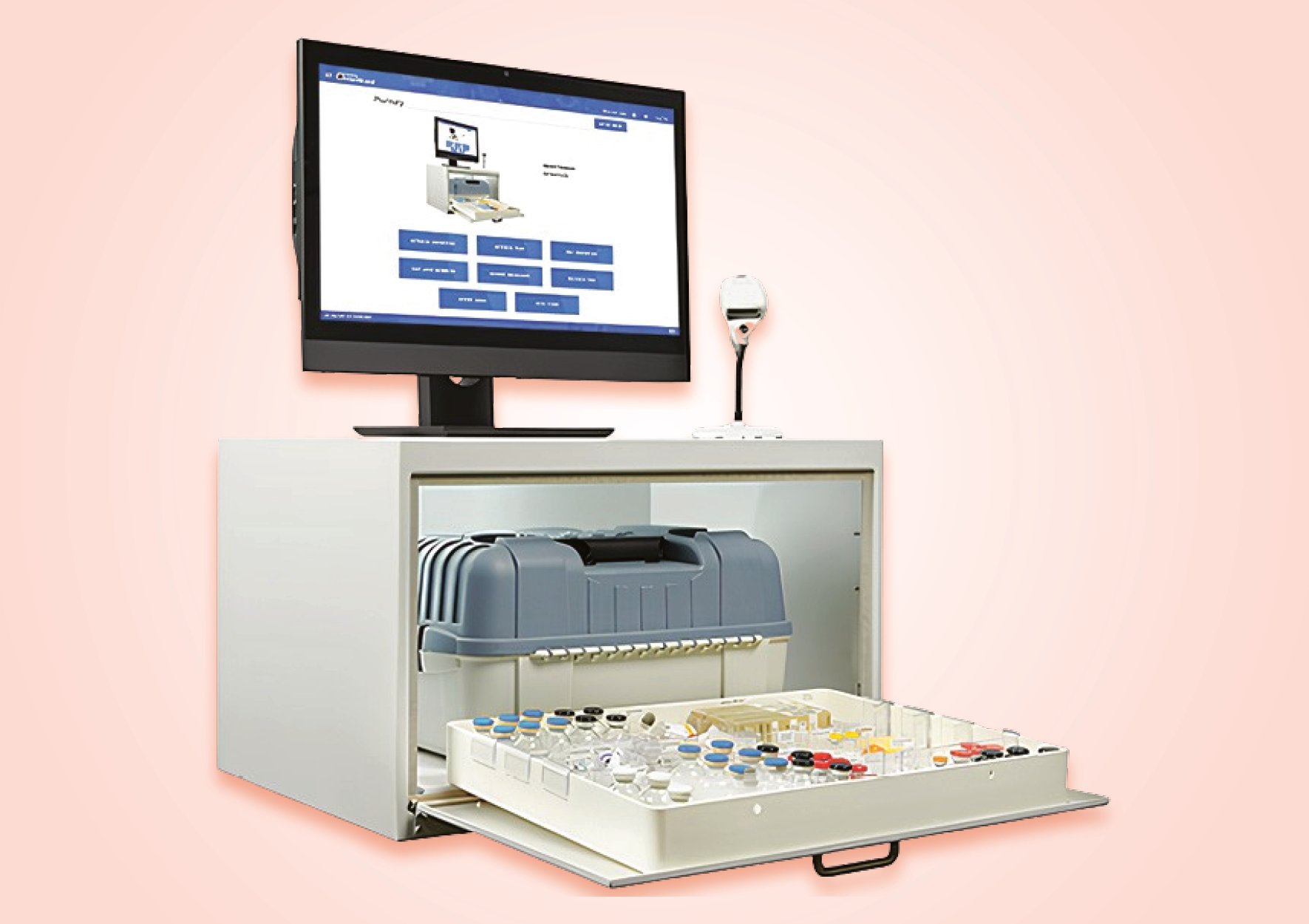- Show Menu
- Contact Us
- FAQs
- Reader Service
- Survey Data
- Survey Winners
- Testimonials
- Upcoming Events
- Webinars
- White Papers
Special Supplement: Ambulatory Pharmacy Staffing in Ambulatory Care
The Valley Hospital is a 451-bed hospital in Ridgewood, New Jersey. Our main ambulatory center, the Robert and Audrey Luckow Pavilion, located in Paramus, is a 128,000 square foot satellite facility serving 440,000 people in northern New Jersey, which has been in operation since 2002.
To determine staffing needs for an ambulatory pharmacy, it is important to first define what operations are considered ambulatory. In our organization, anything that is not an inpatient service is automatically considered part of ambulatory care. Therefore, our ambulatory pharmacy is responsible not only for the retail outpatient pharmacy, but is also responsible for the emergency room, the catheterization lab, the dialysis center, same day surgery, the community anticoagulation management service, and the same day infusion center. Overall, ambulatory pharmacy services account for approximately half of our health system’s drug budget.
Staffing Criteria
When staffing new ambulatory services, it is generally recommended to start out lean and then build staff as services grow. We work in conjunction with our human resources and executive staff to determine staffing levels, however it is key to outline the functions of each position up front, to avoid having pharmacist positions that are simply distributive. For example, the infusion pharmacist is responsible for distribution functions, such as drug preparation, labeling, and checking for interactions. However, these are not the primary functions of the position; the infusion pharmacist is also responsible for developing protocols, providing patient consultations, educating other health care team members in new modalities, etc.
The most valuable skills to look for in a candidate for an ambulatory pharmacy position are not his or her clinical knowledge and previous experience, rather it is the willingness to put the patient first and the hospital second, an ability to embrace collaborative practice, and excellent communication skills that mark the best candidates. While clinical protocols can be taught, innate resourcefulness and a passionate approach to work cannot.
The ability to communicate with administration is very important, as the monthly reports we provide to our executive committee serve to demonstrate the efficiency and value we bring to the organization. Our monthly reports cover, among other data, the number of prescriptions and doses filled, staff hours used, and the amount and value of floor stock charged by area. Because outpatient pharmacy differs from inpatient pharmacy, it is key to educate your administrators on the differences. For example, most hospitals review their drug budget as a cost, so if the drug budget is exceeded, the cost per admission rises and adversely effects profit. In the outpatient pharmacy, however, drugs are marked up at a profit. Therefore, when the budget is exceeded, costs do rise, but revenue also rises. Educating administrators to review the outpatient budget with an eye toward these differences is very important.
Growth Opportunities
In addition to providing excellent clinical care for patients, ambulatory pharmacists must also provide superior service to the physicians and nursing staff they work with. Reach out to your physicians to learn what areas they are interested in expanding into. Perhaps there is a new therapy you can provide that will attract a new niche of patients. Learn which office-based therapies the physicians find burdensome and would prefer to move to the ambulatory center. Ask if there are any products they struggle to source. Our retail pharmacy, for example, began stocking hard-to-find OTC supplements to support bariatric surgery patients. Keeping this dialogue open can result in additional revenue streams, increased caseloads, and growth opportunities for your department.
Ambulatory care centers rarely look the same—often providing different services, with various staffing models—making comparisons among them difficult. Despite the differences, the long-term success of any ambulatory pharmacy is predicated on its ability to provide superior service to patients, physicians, and nursing staff. When pharmacy embraces this attitude and creates a superior experience, it creates a convincing statement for the value pharmacists bring to the bottom line.
Carlo Lupano, RPh, MBA is the pharmacy manager for ambulatory services at the Valley Hospital in Ridgewood, New Jersey, where he has worked for eight years. Carlo received his pharmacy degree from St. John’s University and his MBA in Health Care Administration from Bernard Baruch College and the Mount Sinai School of Medicine.
Like what you've read? Please log in or create a free account to enjoy more of what www.pppmag.com has to offer.








